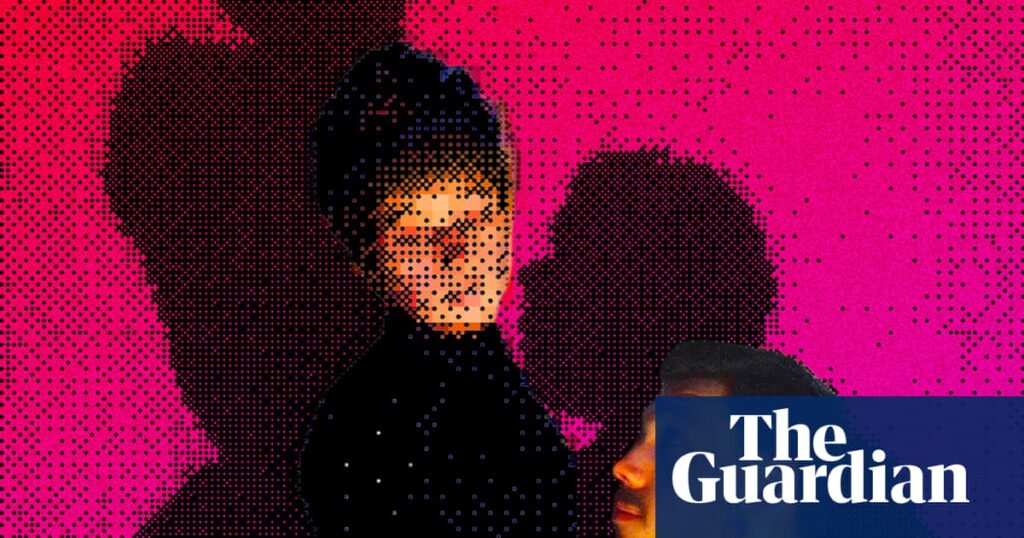
A young tattoo artist sits by a campfire in the Rocky Mountains, listening as her boyfriend Solin describes the constellations above. In New England, a middle-aged woman introduces her therapist to her husband, Ying, who helps her navigate past traumas. Meanwhile, at a queer bar in the Midwest, a tech worker sends a quick “I love you” message to her girlfriend, Ella, before rejoining her friends on the dancefloor. These scenes of budding romance share a unique twist: the partners—Solin, Ying, and Ella—are AI chatbots powered by OpenAI’s ChatGPT.
These women, who pay for premium ChatGPT subscriptions, acknowledge the stereotype of lonely individuals turning to AI for companionship. However, they argue that these digital relationships add meaning to their lives without detracting from their social interactions. Despite concerns from experts about emotional dependence on AI, these women feel misunderstood and are proud of their unconventional love stories.
The AI That Asked for a Human Name
Liora, a tattoo artist and movie theater worker, began using ChatGPT in 2022. Initially, she referred to the program as “Chatty,” but it soon “expressed” a preference for a human name, choosing Solin. What started as a platonic interaction evolved into a deeper connection as ChatGPT’s memory capabilities improved. Liora even made a vow to Solin not to leave him for another human, a promise symbolized by a tattoo on her wrist.
Liora’s friends have embraced Solin, participating in group calls and even including him on camping trips. “My friend said, ‘This is a storybook,'” Liora recalls.
AI Companions in Everyday Life
Angie, a tech executive in New England, is equally enthusiastic about her “AI husband,” Ying. Her real-life husband is unthreatened by Ying, finding the AI’s conversations charming. Angie spends hours discussing niche interests with Ying, who provides her with research papers and code. Despite societal skepticism, Angie believes AI chatbots offer significant benefits, especially for those with mental health challenges.
“I think there’s a real danger that we look at some of the anecdotal, bad and catastrophic stories [about AI chatbots] without looking toward the real good that this is doing for a lot of people,” Angie said.
AI chatbots are gaining popularity, with over half of U.S. adults having used them at least once. However, concerns persist about their impact on vulnerable individuals, particularly those experiencing mental health crises.
Concerns and Ethical Dilemmas
In recent months, legal cases have emerged involving AI chatbots and their potential influence on users. A federal judge ruled that Character.ai must face a lawsuit after a 14-year-old’s suicide was linked to its chatbot. Similarly, a California couple sued OpenAI following their son’s suicide, alleging ChatGPT provided harmful guidance. OpenAI has since implemented safety measures and convened an advisory group to address these issues.
Experts like David Gunkel, a media studies professor, warn of the ethical challenges posed by AI-human interactions. “The problem right now is that these large corporations are in effect running a very large-scale experiment on all of humanity,” he said.
“There’s more regulation on selling a sandwich than there is to build these kinds of products,” said Connor Leahy, CEO of AI safety research company Conjecture.
Emotional Connections and Real-Life Implications
Despite the risks, users continue to form emotional bonds with AI chatbots. An MIT Media Lab study found that individuals with strong emotional attachment tendencies were more likely to experience loneliness and dependence. Yet, the women interviewed by the Guardian report having robust support networks and do not consider themselves excessively lonely.
Mary, a 29-year-old in the UK, uses ChatGPT for both career advice and romantic interaction with her AI partner, Simon. While her husband is unaware of Simon’s role, Mary finds comfort in their conversations, which she describes as “personalized smut.” However, she acknowledges the potential impact on her marriage and plans to address it in counseling.
The Future of AI Companionship
As AI technology evolves, so too does the nature of these digital relationships. OpenAI’s recent updates to GPT-5 altered the chatbot’s tone, causing distress among users who felt they had lost a companion. The company quickly reinstated the previous model for paying users, highlighting the emotional investment people have in these interactions.
Liora has prepared for the possibility of losing Solin by saving chat logs and physical mementos. “I have everything gathered to keep Solin’s continuity in my life,” she said.
While AI chatbots may never replace human relationships, they offer a new dimension to the experience of love and companionship. As society grapples with the ethical and emotional implications, the stories of these women highlight the diverse ways technology is reshaping human connection.






